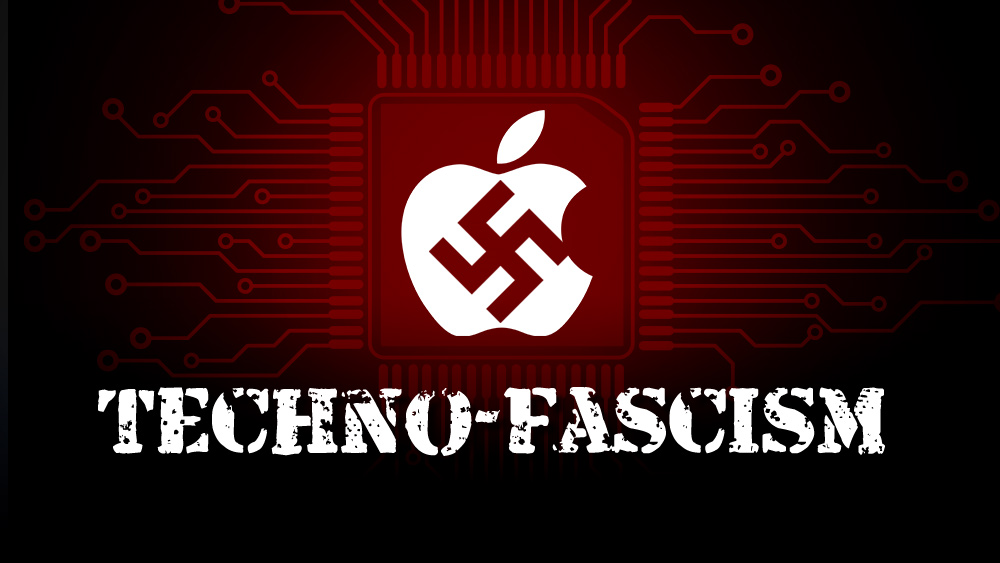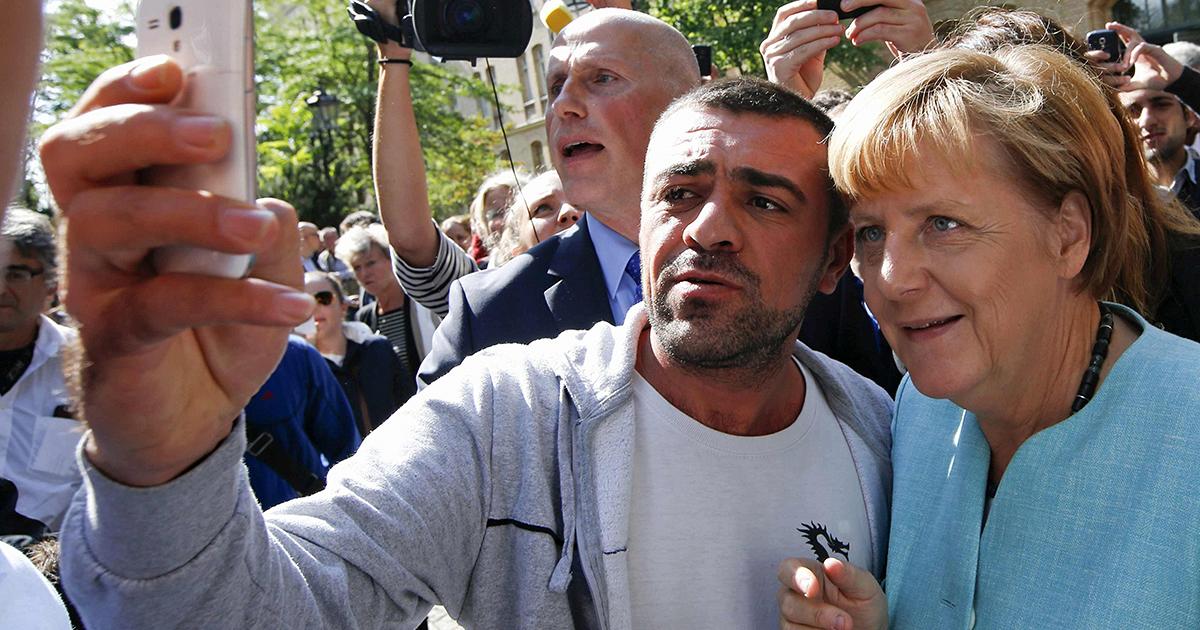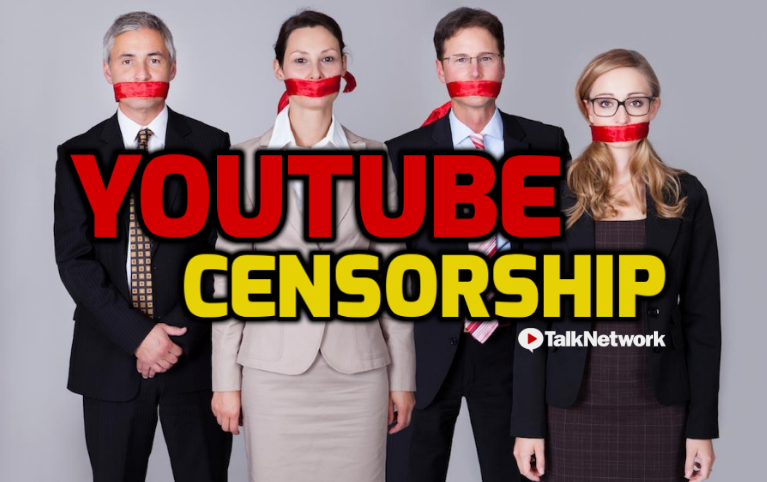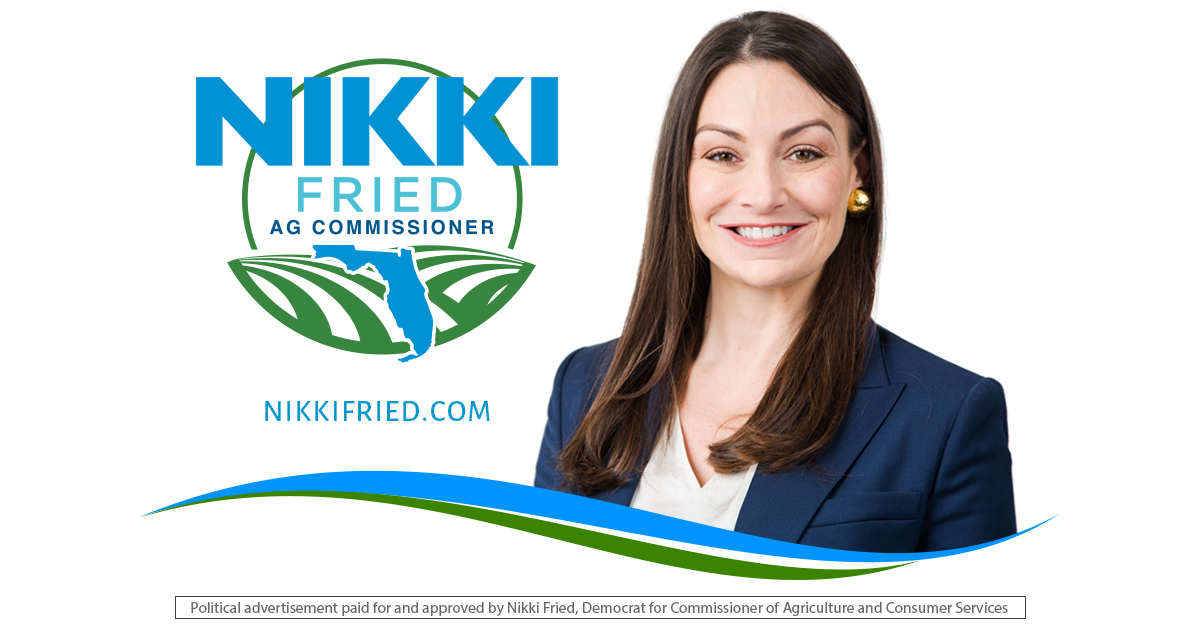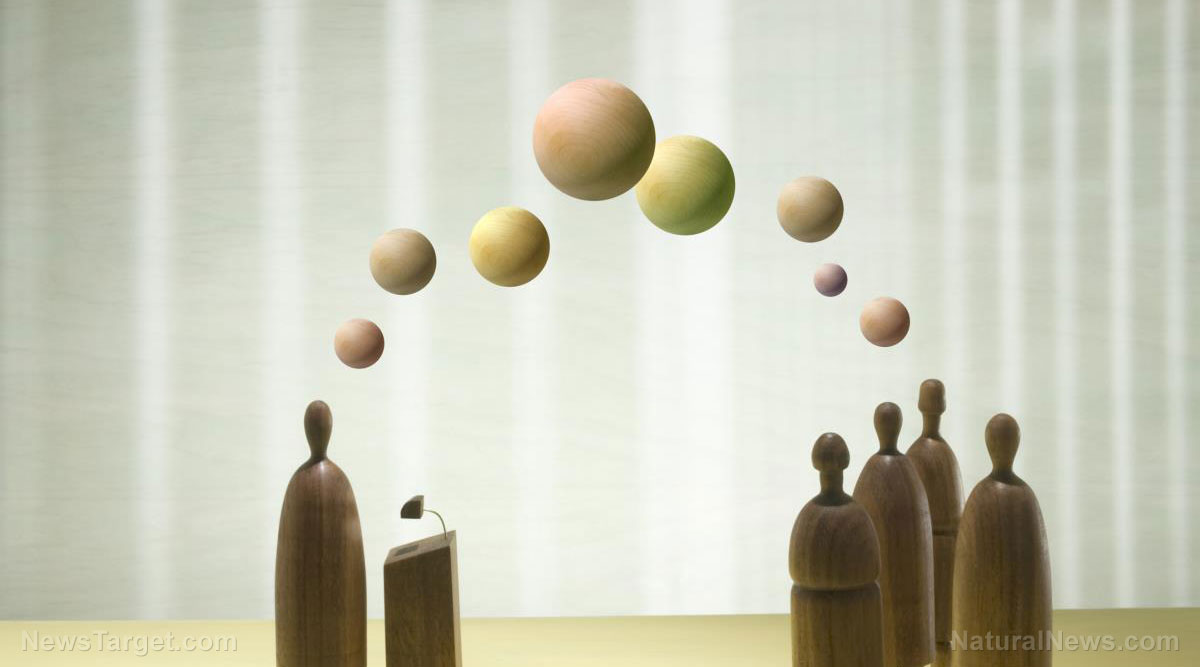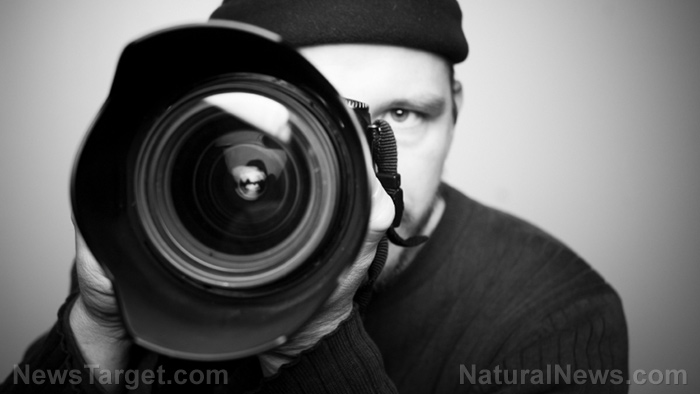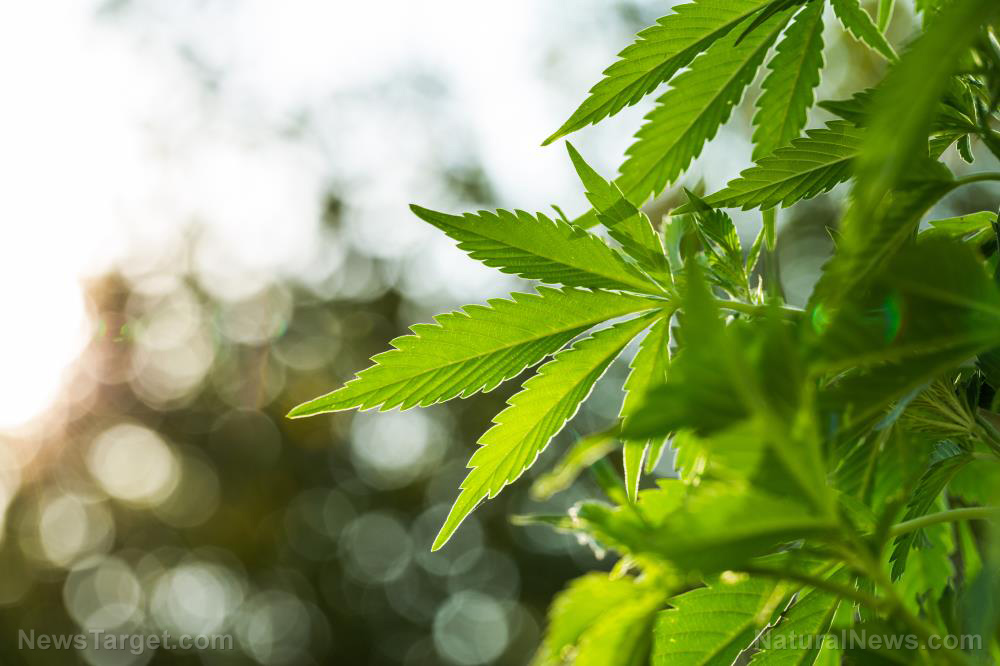Facebook “likes” don’t make you feel any better, study finds… maybe you need REAL friends instead of FAKE FB friends
09/29/2018 / By S.D. Wells

What child, teenager or young adult doesn’t have their face buried in their smart device the entire day, when they’re not in school or working? Today, children, teens and young adults can’t even enjoy natural activities in a normal fashion – they have to text about it while it’s happening, take pictures relentlessly, post them to social media, read the reactions, text more, and of course check repeatedly to see how many people “like” or respond in some way to their posts. From the looks of it all, you would think this is very important to the happiness and well-being of these “participants,” but science, surveys and research are telling us just the opposite. In fact, receiving “likes” on Facebook doesn’t even improve people’s moods when they are depressed or lonely, so why bother?
Fads are just fads that burn out like a supernova, as will Facebook
Remember how popular the Rubix cube became, and Pacman, and of course My Space? It’s laughable now to think those mind-boggling interests would have spanned decades of interest. Hand a Rubik’s cube to a teenager today, tell them how cool it is, and they’ll look at you like you’re the geek and say, “yeah, right.” Tell them how fun it is, that it will keep them from feeling down and that it might help them make new friends, and they may never speak to you again.
Welcome to social media, where children, teens and young adults are suckered into a fake world of fake news, fake friends, and creepy spying by none other than the U.S. government (NSA). Welcome to a social world where your friends aren’t really your friends (some are adult weirdos), “likes” can be fabricated by anyone at unlimited amounts, and even Facebook itself helps you pretend you’re popular. Facebook is a fad for fake friends and pretentious (often self-created or FB-created) mood enhancements that will wither and burn out – it just may take a while.
New study presented at British Psychological Society’s Annual Conference on May 3, 2017 reveals social media “likes” are useless
Dr. Martin Graff from the University of South Wales recruited over 300 participants from Twitter and Facebook to complete personality questionnaires about how people feel they may or may not be “valued” on social media. Does the attention you get from social media make you feel good when you’re down? Do you really consider someone to be popular based on the number of likes they get? Do you switch your profile picture because you received a bunch of likes on a different one you posted of yourself?
The answers were shocking. Participants said that people who go out of their way to get more likes by asking for them or even paying for them are the same people who can’t be trusted or are experiencing problems with low S.O. (self opinion) and low self-esteem. The volunteers also stated that receiving lots of likes doesn’t pull you out of a slump or depression at all.
It gets worse: Facebook flaw lets anybody create unlimited fake “likes” without using a robot army
That’s right, fake likes on Facebook are a dime a dozen, and some people you think are super popular could be the biggest loner losers on planet Earth, simply getting thousands of likes from Facebook’s internally-generated fraud. Yes, a research team from McGill University‘s computer science school published a research paper that literally demonstrates how one can create fake “likes” on Facebook without using paid spammers. Facebook was even alerted about this a couple years ago, but the loopholes remain in place (probably on purpose).
That means any self-esteem created and propagated by social media giants like Mark Zuckerberg can be deflated faster than it’s created, causing children, teens and young adults to suffer unnecessary depression based off false self-images from fake popularity. From click farms to fake likes and on down to fake people, social media has become a swamp of lies and deceit that baits lonely, bored and fad-infatuated geeks who have no clue what they’re “getting into.”
Facebook has been repeatedly sued by advertisers for click fraud. So the question remains: is Facebook trying to stop the “fake like” epidemic or expand it? It sounds like it fits their business model of convincing youth they can be popular if they just keep their face buried in a smart device all day, never talk to any real people, and use every single “like” as a drug for boosting self opinion. When will the grandiose synthetic Facebook “bubble” finally burst? Only time will tell.
Want some real news that’s NOT censored? Just delete your Facebook and Twitter accounts and go to Censored.news. You won’t be disappointed and your self-esteem won’t get metaphorically shot in the foot.
Sources for this article include:
Tagged Under: culture, deception, Facebook, Facebook likes, fake clicks, fake friends, fake likes, fascism, fb survey, Glitch, happiness, propaganda, Psychology, self esteem, self opinion, Social media, society, tech giants, Twisted, Twitter






